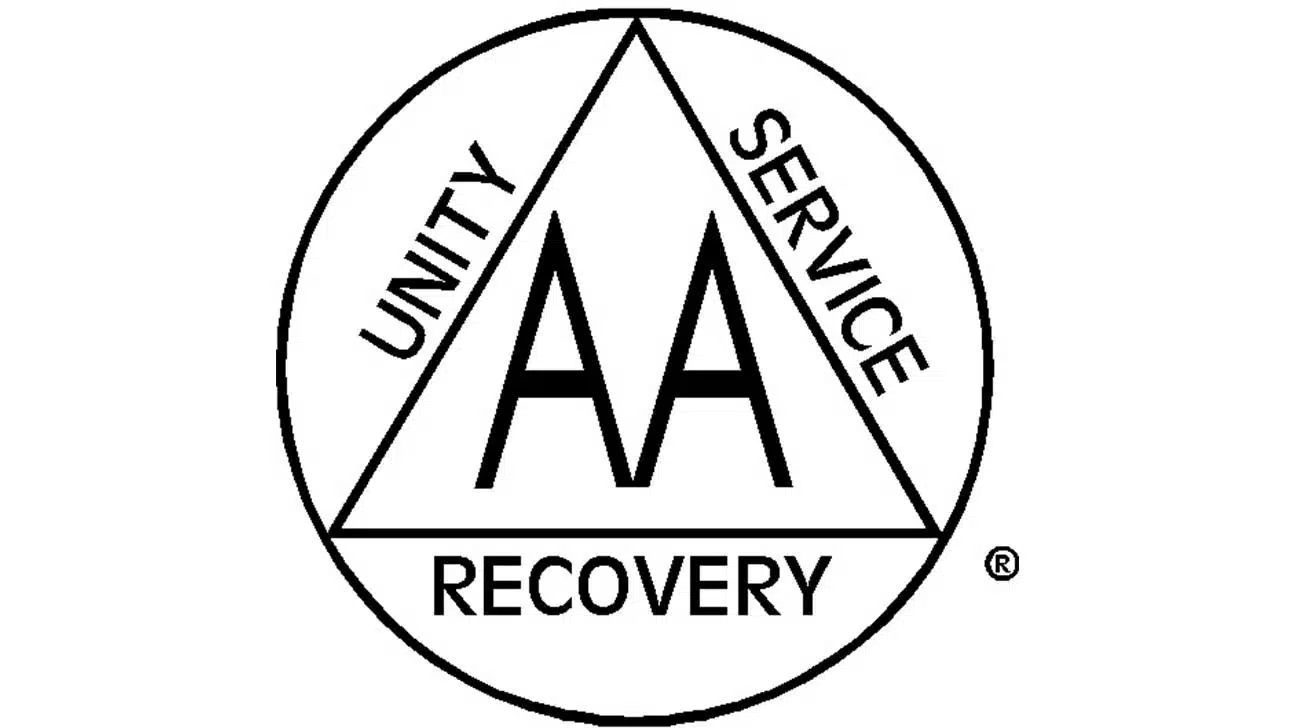
(Source)
Alcoholics Anonymous (AA) is one of the most popular rehabilitation programs and perhaps the most successful rehabilitation program in the world. Many courts order drug offenders to attend AA meetings for substance abuse treatment. According to AA’s 2022 Membership Survey, the judicial system and correctional facilities introduce over 12 percent of AA members to the program. Despite AA’s popularity and adoption by the courts, data concerning the program’s effectiveness is notoriously scarce; AA is anonymous after all. Even rigorous experimental evidence only establishes mixed results about the effectiveness of AA. Nevertheless, a look into the 12-step program and the public perception of addiction paints court mandated AA attendance as an ineffective mechanism for substance abuse treatment.
Step one of AA, the foundation of the program, calls on members to admit “[they] were powerless over alcohol – that [their] lives had become unmanageable.” Step one poses a significant barrier to entry for two reasons. First, the step requires a deep sense of humility. Within one sentence members describe themselves as “powerless” and their lives as “unmanageable.” The recognition of a problem and the loss of control imply a weakness of character that anyone would be ashamed to admit. Addicts suffering from denial face an even higher barrier to meaningful recovery; no one wants to admit they are an alcoholic, especially alcoholics.
Second, the characterization of alcoholism as a disease contradicts the positive public perception of drugs and alcohol and reflects the difficulty of self-identifying and feeling remorse as an addict. Studies show that public opinion about the war on drugs is overwhelmingly negative, with most Americans supporting an elimination of criminal penalties for drug possession. Why would a drug offender choose to feel powerless over a disease when they can feel empowered as a victim of unpopular drug policy? Sincere and effective use of treatment programs often requires that members hit rock bottom before entering the program. The logic is clear: without a harsh external consequence – losing a loved one, overdosing, severe criminal penalties – addicts do not feel the need to recover. The data bears this out: there is a high, negative correlation between guilt and recidivism among criminal offenders. Yet, it seems unlikely that the low-level offenders that drug courts are sending to AA form the remorse necessary for effective treatment.
Aside from the 12 steps, AA also contains the 12 traditions, meant to regulate interactions between AA members and nonmembers. The 11th Tradition states: “Our public relations should be guided by the principle of attraction rather than promotion. . . . We feel it better to let our friends recommend us.” This is in line with the Membership Survey which shows that the most common form of referral is by an AA member. Court ordered attendance strikes against the principles of the 11th tradition and seeks to promote AA through the judicial system.
The 11th tradition’s preference for self-selection and member referral is vastly superior to court ordered attendance. Addicts, not the judges they appear in front of, are in the best position to decide when they have formed the requisite level of humility and remorse for recovery. Likewise, members who have a history of addiction are better suited to refer other addicts to the program. For example, the founder of AA, Bill Wilson, floundered through rehab until an old friend referred him to the Oxford Group, a progenitor of AA.
While using the judicial system to promote substance abuse treatment is a lofty goal, it may also be a futile one. Sobriety demands a deeply personal choice motivated by guilt and humility that courts cannot instill in criminal defendants. We waste judicial resources and ignore institutional incompetence when we allow AA to enter into sentencing decisions.
Suggested Citation: Nicholas Bonk-Harrison, Doomed to Fail? Court-Mandated Attendance and Alcoholics Anonymous, Cornell J.L. & Pub. Pol’y, The Issue Spotter, (Nov. 5, 2024), https://jlpp.org/doomed-to-fail-court-mandated-attendance-and-alcoholics-anonymous/.


